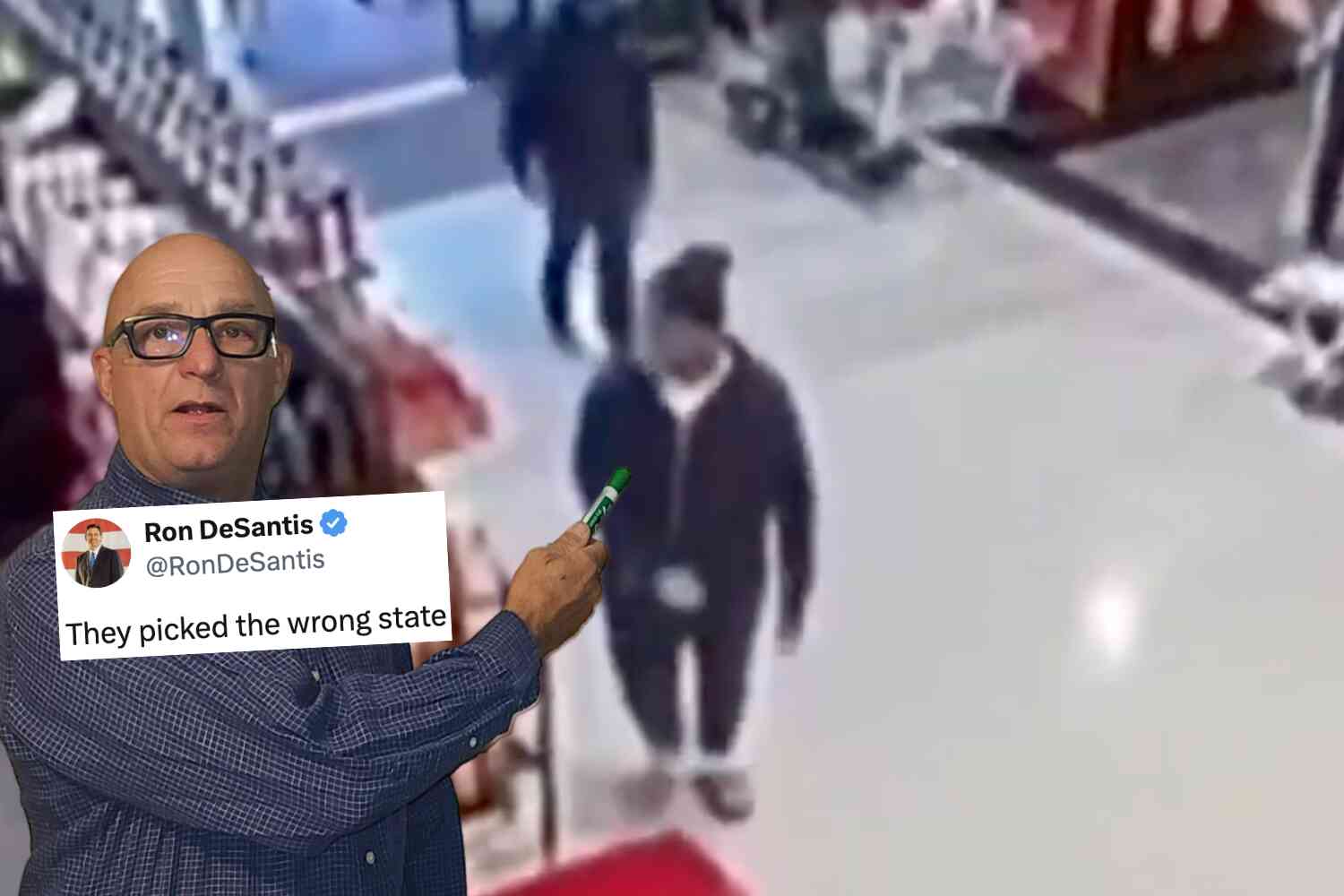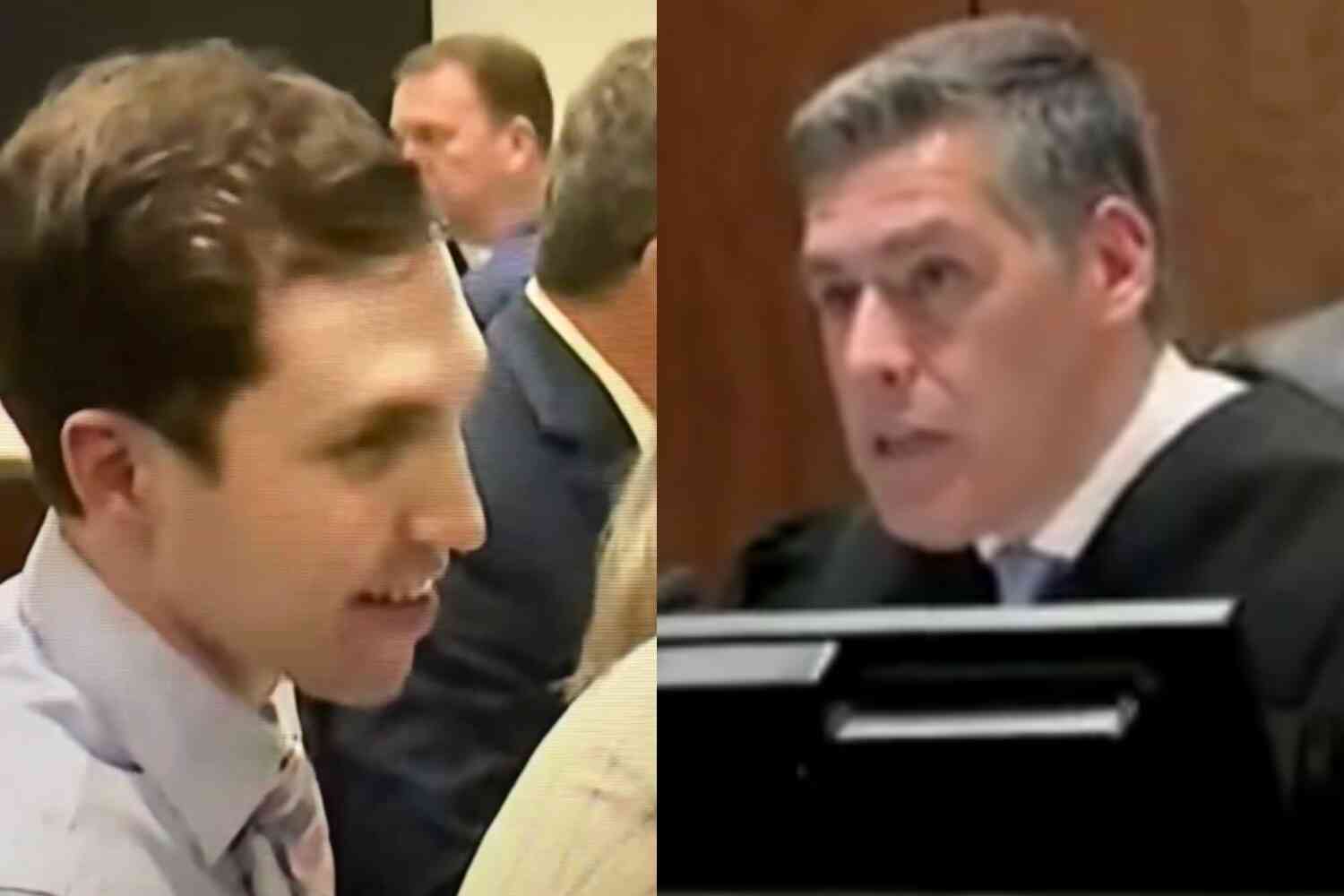I teach an advanced level government and politics course at my high school where students can earn college credit by taking the class. This last week, we read and discussed French political philosopher Frederic Bastiat's classic work, "The Law." Though it didn't come up in our discussion, observing our current cultural moment, I couldn't help but notice the hair on the back of my neck stand on end as we read his 19th century wisdom:
"My attitude toward all other persons is well illustrated by this story from a celebrated traveler: He arrived one day in the midst of a tribe of savages, where a child had been born. A crowd of soothsayers, magicians, and quacks - armed with rings, hooks, and cords surrounded it. One said: "This child will never smell the perfume of a peace pipe unless I stretch his nostrils." Another said: "He will never be able to hear unless I draw his earlobes down to his shoulders." A third said "He will never see sunshine unless I slant his eyes." Another said: "He will never stand upright unless I bend his legs." A fifth said: "He will never learn to think unless I flatten his head." "Stop!" cried the traveler. "What God does is well done. Do not claim to know more than He. God has given organs to this frail creature; let them develop and grow by exercise, use, experience, and liberty."
Bastiat's meaning is fairly self-evident. Society's experts and government officials are always overly eager to shape, mold, and manipulate the masses into their own vision and expectation. Yet their efforts do little more than cripple, maim, and deprive unique, gifted, miraculous creatures from reaching their fullest, God-given potential.
That kind of prescient observation takes on all new meaning in an era where our children's hospitals are merrily mutilating children because the adults in their lives would prefer to participate in a social crusade than act in the best interest of their kids.
Part of this is malice and malevolence. There is absolutely nothing "affirming" about conducting a hysterectomy on a child. Considering that adult women who are compelled to undergo the procedure face, as but one example, a marked increase in the risk of early onset dementia, the word we're looking for is "abusive" not "affirming."
But just as dangerous as the wicked who willingly harm a child to further a political agenda are those who allow themselves to be mesmerized and paralyzed by our culture's deadly obsession with "expertise." Good people, moral people, people with common sense, routinely engage in a costly deference to those whom they have been told, and they wrongly believe, "know better" – the "experts."
Either shamed by others or misled by an improperly calibrated moral compass, so many good people sit silent thinking, "I'm not a child psychologist," or "Who am I to question the wisdom of the American College of Pediatricians?"
We tend to forget that:
- Those experts who "know better" told us that we needed to quarantine when exposed to COVID, that it was a "pandemic of the unvaccinated," that students needed to mask and be contact traced, and that even asymptomatic people should be tested regularly. After two years of this wisdom, they've recanted all of it:
- Those experts who "know better" told us in 2014 that climate change was going to destroy the Great Barrier Reef by 2030. Yet halfway to doomsday for the reef, those experts have acknowledged the opposite is happening:
- Those who "know better" have moved to raise our taxes and spend more money on the cusp of a recession despite having previously acknowledged:
- Those experts who "know better" are currently claiming (and defending those claiming) the power to legislate different weather patterns for earth:
Don't misunderstand – there is a place for expertise and there is value in pursuing mastery in fields of science, medicine, economics, and education. But experts have their own pitfalls – things like groupthink, pride, arrogance, close-mindedness, and condescension – that are every bit the danger to truth as ignorance.
There's a reason that William F. Buckley famously quipped how he would rather "live in a society governed by the first 2,000 names in the Boston telephone directory than in a society governed by the 2,000 faculty members of Harvard."
That wisdom observation is why Bastiat concluded his seminal work,
"And now that the legislator and do-gooders have so futiley inflicted so many systems upon society, may they finally end where they should have begun: May they reject all systems, and try liberty; for liberty is an acknowledgment of faith in God and His works."
Amen.
P.S. Now check out our latest video 👇
Disclaimer: The opinions expressed in this article are those of the author and do not necessarily reflect the opinions of Not the Bee or any of its affiliates.









